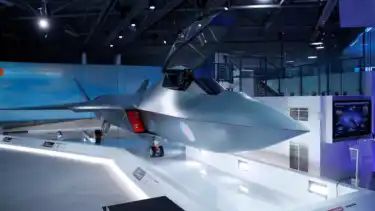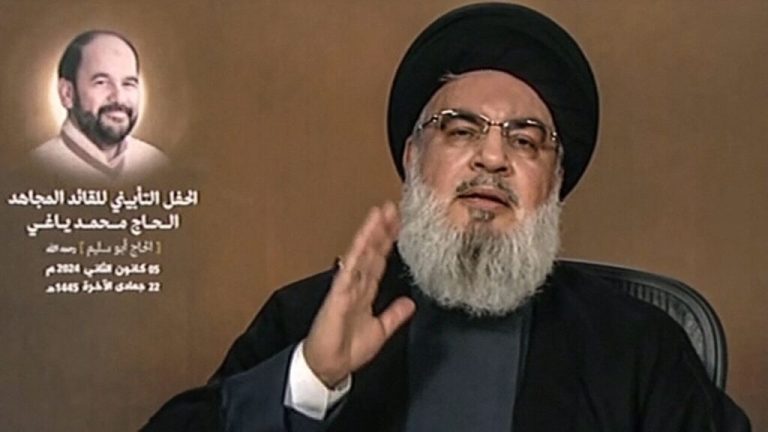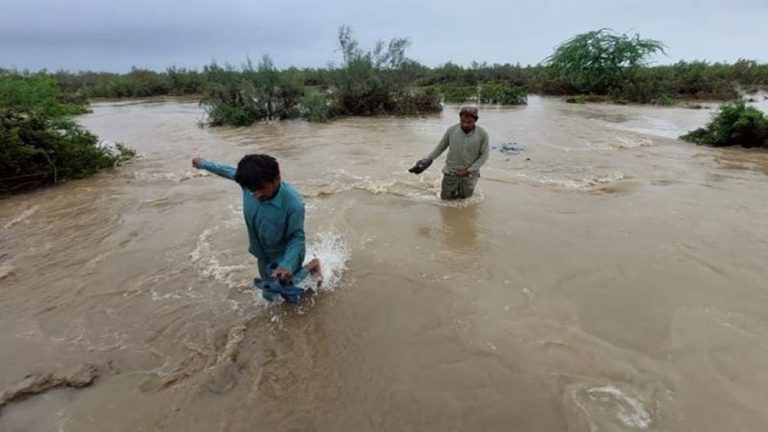Japan gets out of post-World War pacifism, allows sale of fighter jets
Japan’s cabinet on Tuesday (March 26) gave the green light for the export of new fighter jets currently under development in collaboration with the United Kingdom and Italy.
The move signals Tokyo’s growing assertiveness in defence partnerships amid its evolving security posture.
What does it mean?
The decision, announced following a cabinet meeting, marks a major shift in Japan’s approach to arms exports.
Under the eased regulations, the advanced fighter jets will be eligible for sale to countries with which Japan has established defence pacts, provided there is no ongoing conflict in the recipient nation.
Japan has vowed to enhance its military capabilities citing rising threats posed by neighbouring powers such as China and North Korea. Tokyo also plans to double its defence spending by 2027. However, each sale of state-of-the-art fighter jets will be subject to cabinet approval.
What is Tempest project?
The collaboration between Japan, the UK, and Italy, known as the Tempest project, was initiated in December 2022. The project aims to develop next-generation fighter jets equipped with artificial intelligence and advanced sensor technologies.
These cutting-edge aircraft are slated for deployment by 2035, marking Tokyo’s first defence equipment development partnership with a nation other than the United States.
India, Japan expected to finalise ‘UNICORN’ antennas deal during Quad summit
The timing of this decision also coincides with Prime Minister Fumio Kishida’s upcoming official visit to the United States in April, where he is expected to reaffirm Tokyo’s commitment to its alliance with Washington and its willingness to engage in broader defence cooperation initiatives.
What is Japan’s pacifist policy about?
Following its defeat in World War II, Japan adopted a constitution renouncing war and the use of force to settle international disputes. This led to the imposition of strict limitations on its military activities and its defence capabilities have been primarily focused on self-defence. But in recent years, Japan has gradually relaxed its arms export policies, a gradual shift in its defence posture.





